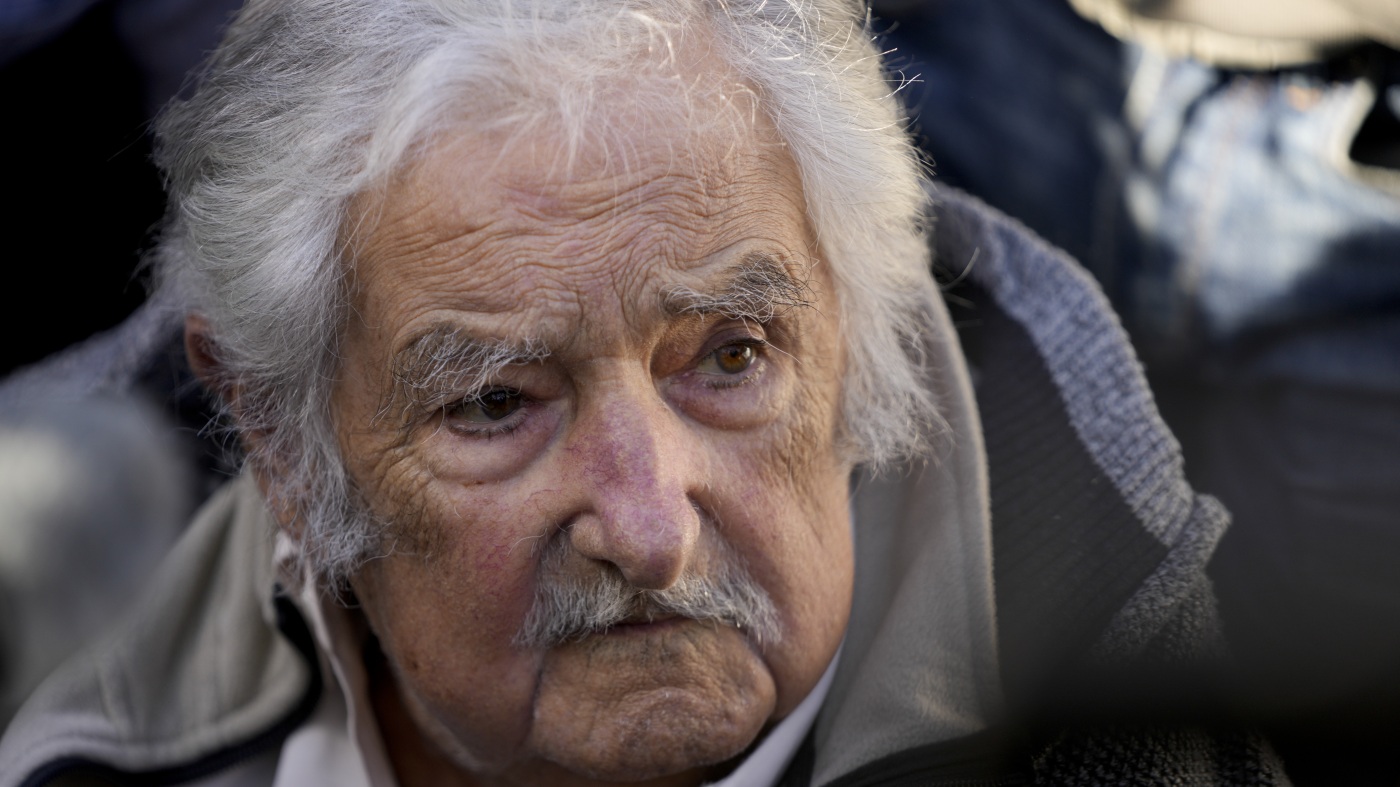The Legacy of José Mujica: A Life of Simplicity and Revolution
From Guerrilla Fighter to Statesman
José Alberto “Pepe” Mujica Cordano’s life reads like a novel—one where idealism, struggle, and radical simplicity collide to create an extraordinary legacy. Born into poverty in 1935, Mujica’s early years were shaped by hardship and a growing awareness of social inequality. By the 1960s, he had joined the Tupamaros, a left-wing guerrilla movement fighting against Uruguay’s authoritarian government. His revolutionary activities led to imprisonment, including 14 years in harsh conditions, where he endured solitary confinement and torture. Yet, rather than breaking him, these experiences crystallized his belief in justice, equality, and the power of resilience.
Mujica’s transformation from a militant to a political leader was neither smooth nor predictable. After Uruguay’s return to democracy in 1985, he transitioned into mainstream politics, co-founding the Broad Front coalition. His past as a guerrilla could have been a liability, but Mujica turned it into a strength—proof of his unwavering commitment to fighting for the marginalized.
The “Poorest President” Who Redefined Leadership
When Mujica became Uruguay’s president in 2010, he shattered conventions. While most world leaders embrace the trappings of power—luxury residences, security details, and high salaries—Mujica rejected them all. He donated 90% of his presidential salary to charity, lived on his modest farm with his wife, and drove a beat-up Volkswagen Beetle. The media dubbed him “the world’s poorest president,” but Mujica saw it differently: *”I’m not poor. Poor are those who need too much.”*
His lifestyle wasn’t a publicity stunt; it was a political statement. In a world obsessed with wealth and consumption, Mujica’s austerity challenged the very notion of what leadership should look like. He refused to move into the presidential palace, calling it “too big for just two people,” and instead opened it for public use. His actions forced people to question why societies glorify excess while millions go without basic necessities.
Progressive Reforms That Changed a Nation
Mujica’s presidency wasn’t just about symbolism—it was a period of bold, progressive reforms that reshaped Uruguay.
Legalizing Marijuana: A Global Experiment
In 2013, Uruguay became the first country to fully legalize cannabis, from production to sale. Mujica framed it as a pragmatic solution to drug violence and organized crime, arguing that prohibition had failed. “We’re not advocating for marijuana use,” he said. “We’re advocating for a less hypocritical society.” The move drew international criticism, but Mujica stood firm, prioritizing public health over political convenience.
Advancing Social Equality
Under Mujica, Uruguay legalized same-sex marriage and decriminalized abortion, positioning itself as a regional leader in human rights. These weren’t just policy changes—they reflected Mujica’s belief that a government’s role is to protect freedoms, not restrict them.
Economic Justice and Sustainability
Mujica championed wealth redistribution, raising taxes on the wealthy to fund social programs. He also pushed for sustainable development, warning against the environmental costs of unchecked consumerism. “We’re not fighting for development—we’re fighting for happiness,” he famously said.
A Philosophy That Challenged Modern Excess
Mujica’s most enduring legacy might be his philosophy of *”living with just enough.”* In speeches and interviews, he critiqued consumer culture with the sharpness of a philosopher:
– *”We’ve sacrificed the old immaterial gods, and now we’re worshipping the god of money.”*
– *”The problem isn’t wealth—it’s the obsession with accumulating it.”*
His message wasn’t anti-capitalist but anti-excess. He urged people to find fulfillment in relationships, community, and purpose rather than material possessions. In an era of climate crisis and inequality, his words feel prophetic.
The End of an Era—But Not the Legacy
Mujica left office in 2015, but his influence didn’t fade. He remained a vocal advocate for Latin American unity, drug policy reform, and environmentalism until his death in 2024. His life’s work raises a provocative question: *What if more leaders valued principles over power, and people over profit?*
Conclusion: The Timeless Relevance of Mujica’s Message
José Mujica wasn’t just a president; he was a mirror held up to society. His life forced us to confront uncomfortable truths about inequality, sustainability, and the emptiness of materialism. In a world where leaders often cling to power and privilege, Mujica’s humility and courage stand as a rare beacon.
His legacy isn’t confined to Uruguay—it’s a global challenge. A call to live simpler, to govern with integrity, and to prioritize people over profit. As we face mounting crises—climate change, political polarization, rampant inequality—Mujica’s example reminds us that another world is possible. One where leadership means service, where wealth is measured in well-being, and where revolution begins with the choices we make every day.
The “world’s poorest president” was, in truth, one of its richest souls. And that’s a lesson worth remembering.











